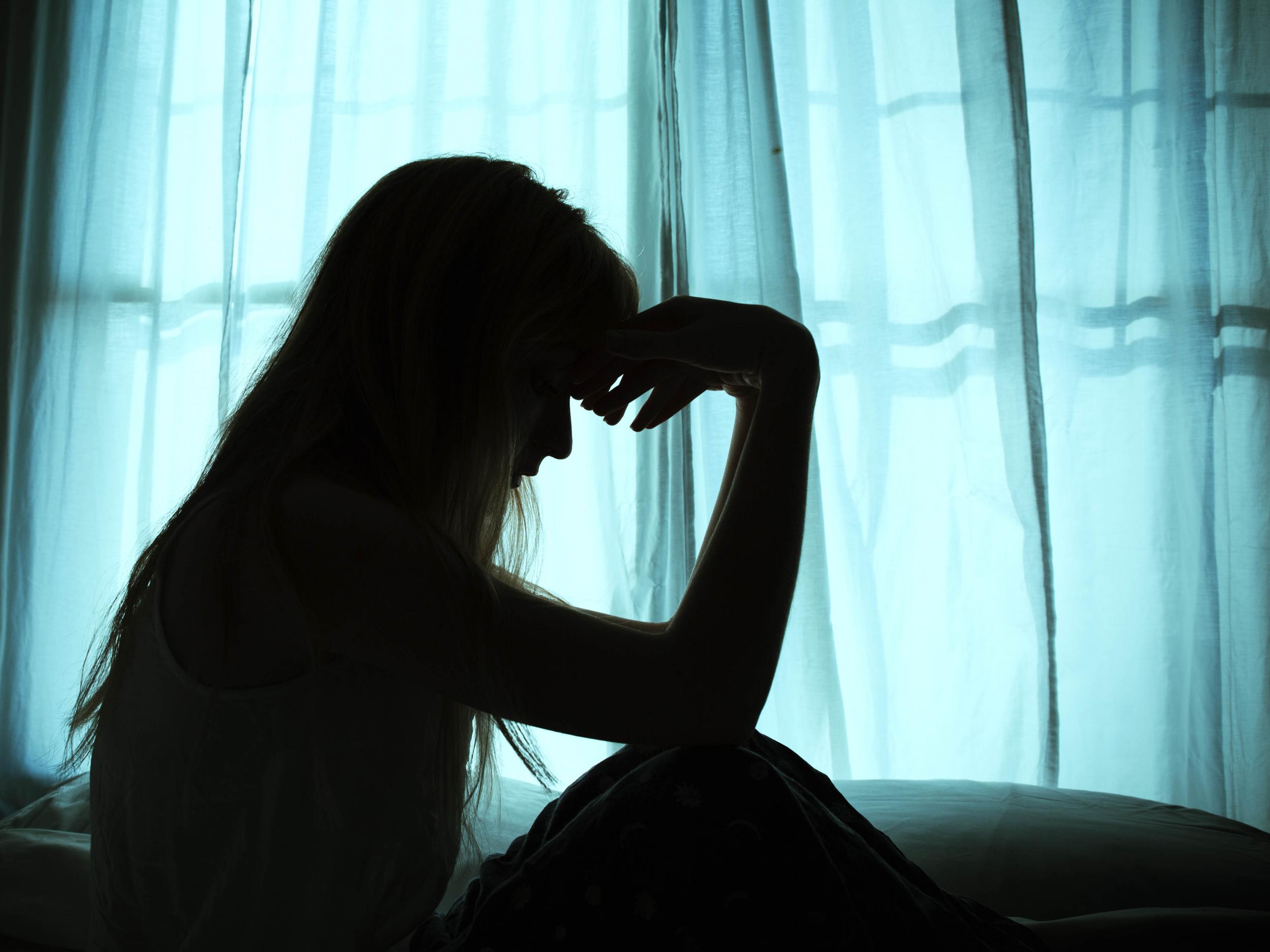Women seeking asylum in UK being made homeless and attempting suicide, chilling report finds
One woman slept outside for a continuous period of six months while pregnant, writes Maya Oppenheim


Women seeking asylum who suffered rape in their home country are being made homeless and experiencing further sexual violence in the UK, a chilling report has found.
The study, published by Women for Refugee Women, found a third of the migrant women polled had attempted to take their own lives.
Almost a third of women surveyed said they had been raped or sexually abused in their country of origin and this occurred again when becoming destitute in Britain.
Campaigners, who blamed government policy for making women destitute, found almost half of those polled were street homeless while destitute in the UK.
A quarter said they were raped or experienced sexual violence while sleeping outside, while 95 per cent were hungry while destitute.
One woman researchers spoke to who was trafficked from Nigeria slept outside for a continuous period of six months while she was pregnant.
The report, titled “Will I ever be safe?”, looks at the experiences of 106 destitute women from 29 different countries. It is the largest recent study into how asylum-seeking women in the UK who are made destitute get by and subsist despite having no access to statutory housing, financial support or the right to work.
Mary* was subjected to abuse while living on the streets in the UK after being refused asylum when she arrived from Uganda.
The 57-year-old, who has chosen to remain anonymous, told The Independent she was forced into leaving Uganda after being persecuted by the state and the government murdering her husband of 15 years.
She said: “It was not safe for me in Uganda. I was captured and locked up by soldiers who raped and tortured me because they thought that I was supporting the opposition.
“When I arrived in London, things were not easy at all. I had never travelled. I did not know anybody in this country. I was initially refused asylum by the Home Office because I had a similar name to someone else who came to the UK who for years they had been looking for.
“It broke my heart that they refused me, after everything I had been through. And it made my life in the UK dangerous. I had nowhere to go so I had to sleep outside. It is not safe for a woman.
“Men abused me and I couldn’t tell the police because I was afraid of the authorities after what happened to me back in Uganda. I thought that if I told them I would be sent back to Uganda where I would be killed. Being homeless made me feel so depressed that I tried to kill myself.
“It was so hard. I was sleeping on night buses, in train stations, at bus stops. All of the places where you can get a shelter. It was traumatising.”
She was homeless for three years and was living on the streets for a year of this time period, she said.
Mary, who suffers from arthritis, was finally given refugee status but laments the “pain and suffering” she had to endure before this point.
The majority of the women polled in the research were made destitute after having their asylum claim refused in situations when they were not able to go back to their home country due to the danger of being subjected to further persecution.
Evelyn*, who was trafficked to the UK from west Africa, said: “I was trafficked to the UK by a man who kept me locked up and raped me. When I managed to get away I claimed asylum, but the Home Office didn’t believe what had happened to me. I had no accommodation or support for six years.
“It was so hard for me. I met a man who said that I could stay with him, but he forced me to have sex with him and abused me in other ways. I didn’t want to be with him but I had no choice. Then I became pregnant. It was a difficult pregnancy and getting medical help was nearly impossible because I had no money to get anywhere. I felt so alone and scared of how I would look after my baby, when I had nothing at all.”
Over three-quarters of those polled said they had escaped gender-based violence in their country of origin and a third said state authorities raped them there.
Natasha Walter, director of Women for Refugee Women, said: “It is shocking to see how women who have already survived extreme violence and abuse are being left with no support when they come to the UK to seek safety.
“These punitive policies are leaving women who have already gone through rape and torture vulnerable to abuse all over again in this country. Too often, our government is complicit in dehumanising and ignoring the needs of women who cross borders. It is time to build a fairer asylum process in which women are protected from harm and in which they can be supported to live with dignity.”
A Home Office spokesperson said: “The UK has a proud record of providing protection to vulnerable individuals and helping them to rebuild their lives.
“We take the wellbeing of asylum seekers extremely seriously, ensuring that victims of rape and sexual violence are given every opportunity to report these devastating crimes.
“Each asylum case is considered on its individual merit and asylum seekers who would otherwise be destitute are provided with free, fully furnished accommodation and a cash allowance to cover essential living needs while applications are considered.”
*Mary and Evelyn are not the women’s real names
Join our commenting forum
Join thought-provoking conversations, follow other Independent readers and see their replies
Comments
Bookmark popover
Removed from bookmarks